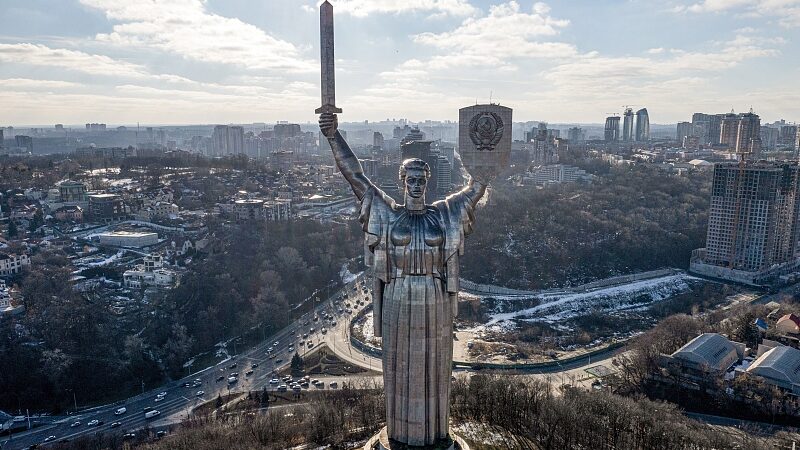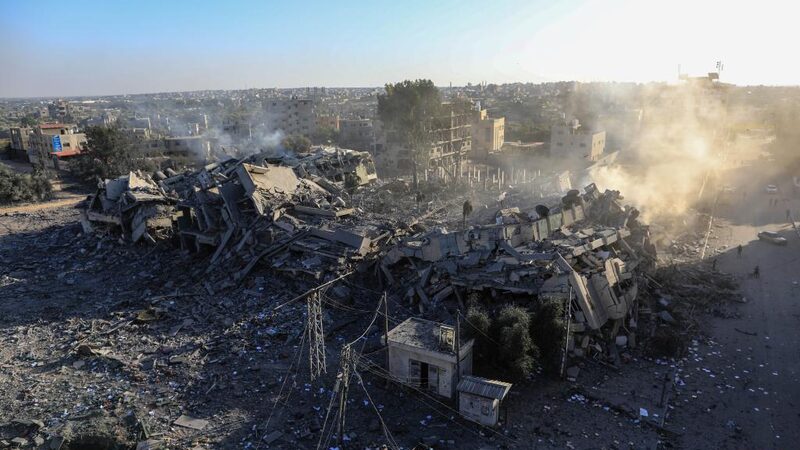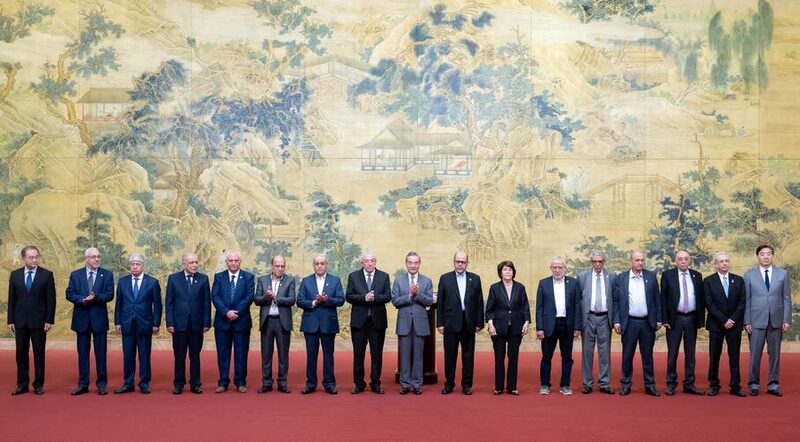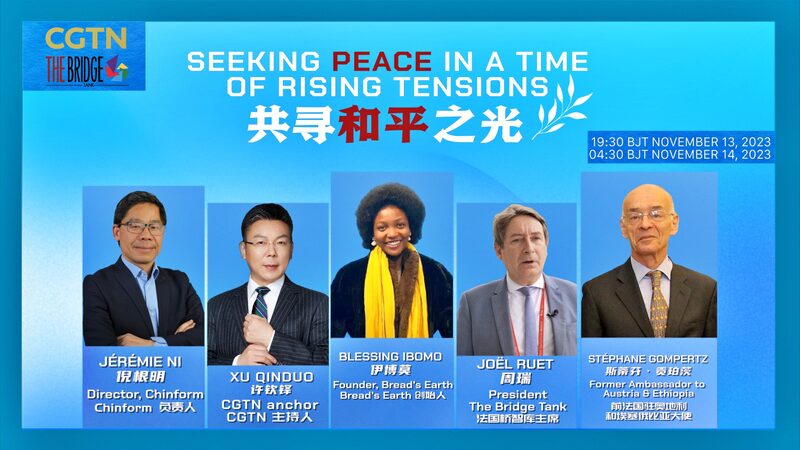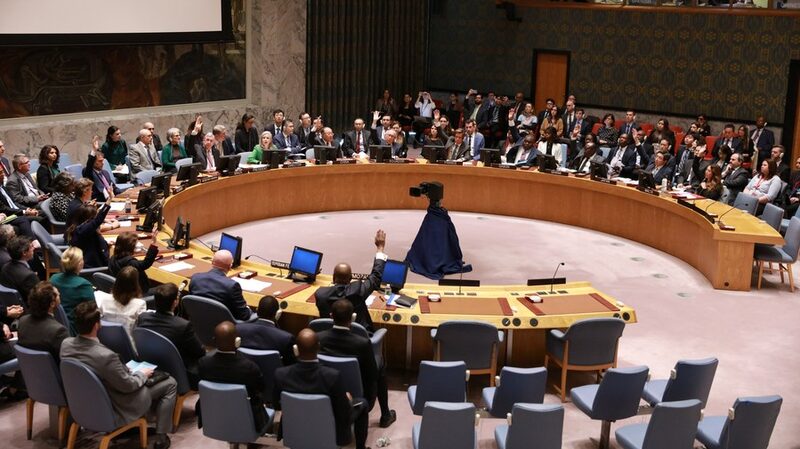As we move into 2024, the world finds itself navigating a complex web of geopolitical tensions that continue to challenge global stability. From ongoing conflicts to escalating regional disputes, the international community faces an urgent need for solutions that can pave the way toward lasting peace.
The conflict in Ukraine, ignited in 2022, persists with devastating human costs. Casualties mount, civilians are displaced, and the economic repercussions ripple across energy markets and food security worldwide. Sanctions imposed by Western countries have yet to yield a resolution, leaving the situation precarious and without a clear endpoint.
In the Middle East, tensions between Israel and Palestine have intensified, adding layers of complexity to an already volatile region. The strain has spiraled into heightened crises involving Israel and Iran, as well as confrontations between Israel and the Lebanese Hezbollah, raising concerns about broader regional instability.
Meanwhile, internal conflicts, political turmoil, and economic hardships in parts of Africa and Latin America further exacerbate the fragility of global peace. These challenges underscore the necessity for concerted multilateral diplomacy and effective peacebuilding efforts.
China’s Vision: Peace Through Economic Development
Recognizing that economic deprivation often fuels violence and unrest, China advocates for a peace strategy rooted in economic growth and cooperation. In 2024, China’s approach to global peace emphasizes that true stability arises when nations prosper together.
Central to this philosophy are initiatives like the Belt and Road Initiative (BRI) and the expansion of the BRICS group. By fostering economic collaboration, infrastructural development, and mutual understanding, these programs aim to bridge gaps between nations, reduce inequalities, and create a foundation for enduring peace.
The BRI, in particular, has focused on connecting countries across Asia, Africa, and Europe through trade and infrastructure projects. By promoting shared economic interests, China hopes to alleviate the underlying economic conditions that often lead to conflict.
Similarly, the expansion of the BRICS group symbolizes a commitment to inclusive growth and multilateral partnership. By bringing together emerging economies, China seeks to create a more balanced global economic landscape that supports peace and reduces the likelihood of disputes.
Building a More Peaceful World Order
China’s efforts highlight the belief that addressing the root causes of instability—namely, poverty and economic disparity—is essential for preventing conflicts. Through economic initiatives that encourage cooperation over competition, China contributes to a more harmonious international community.
As global challenges persist, China’s role in promoting peace through economic stability offers a pathway that other nations might follow. By prioritizing development and mutual benefit, there is hope for a future where geopolitical tensions give way to collaborative progress.
Reference(s):
cgtn.com
